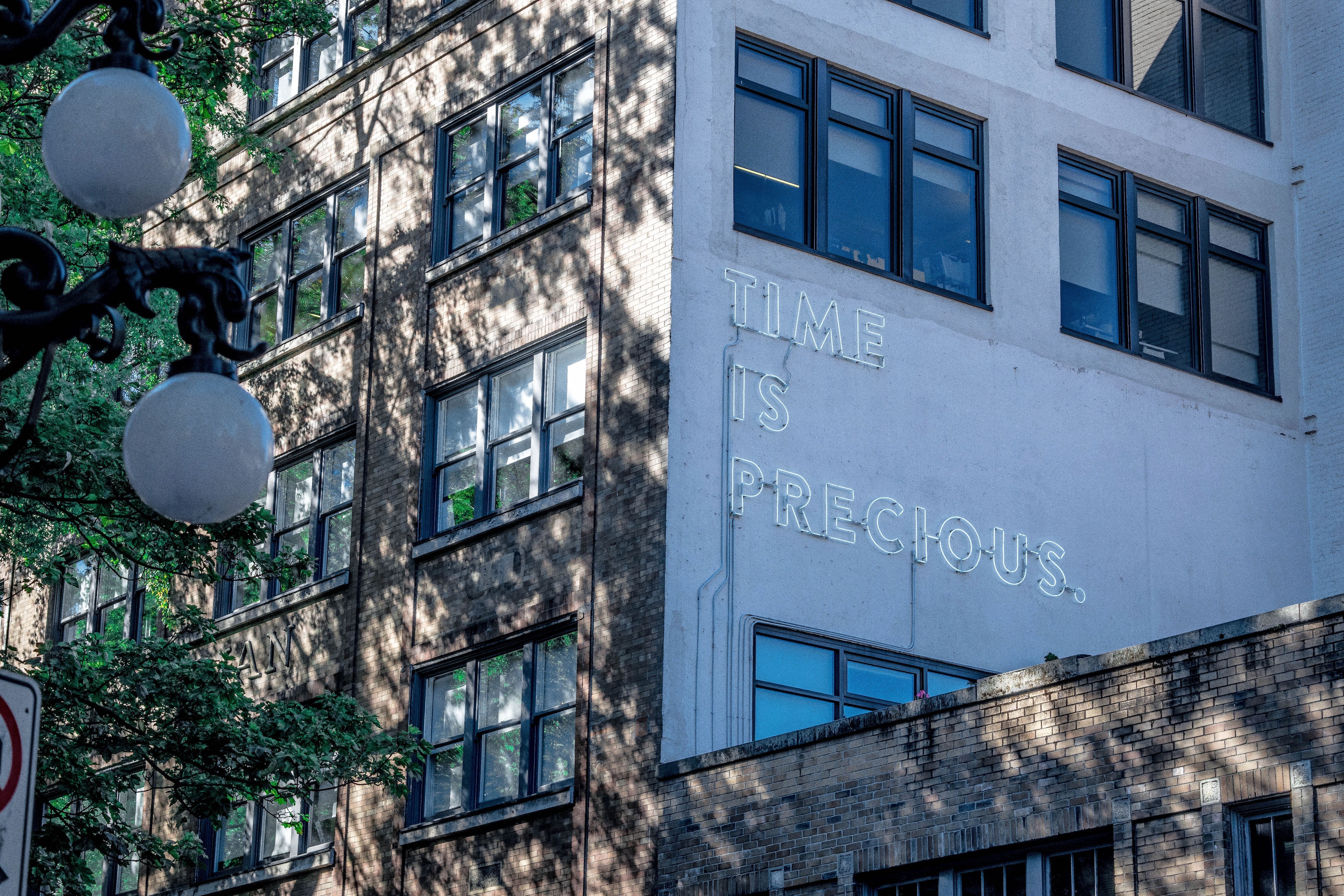Strict punctuality is perhaps the cheapest virtue which can give force to an otherwise utterly insignificant character ~ John Frederick Boyes
Being on time is the most direct way to express our interest in a meeting. However, being late leaves a clue about how much priority I give to the other. Being habitually late probably means I don’t give a damn about this relationship.
I rarely arrive late for work appointments. Yet I was often the last guy who showed up to social gatherings. This hurt my relationships on many occasions.
Things have become much better now, especially after I applied the steps that I used in my work to personal life.
My experience tells me that willpower alone doesn’t work. Being on time requires a little more planning and time-management.
Below are 5 steps that work well for me:
- Make an appointment for every event on calendar. Being a self-employed for 10 years makes me become time conscious. I live by my calendar. Put the things on your list. Don’t trust your memory. Just remember who’s in control, though. If it’s a business meeting, add it to your phone’s calendar. A social gathering? A date with your sweetheart? Put it on your calendar. And when your partner asks why you’re being too rigid, tell him/her that you only put the top priorities on your list.
- Set multiple reminders for each appointment. Setting reminder is obvious. But why many reminders? Because we often fail to notice how much time has passed, especially whenever something grasps all of our attention. Suppose you’re all set and ready to leave home in 20 minutes for a meeting. And to kill time, you check out that cool YouTube link a pal sent you, telling yourself that: “I’ll just have a look…10 minutes won’t hurt”. And before you know it, 10 minutes have turned into 25. That’s why I need one reminder half an hour in advance to alert me about the upcoming event, and another 15 minutes later, as a final call before leaving.
- It’s better to under-promise & over-deliver. If you’re unsure you can arrive at 3 pm, schedule the meeting at 3:15 pm. If you think you can get the job done in 3 days, give yourself 4 days. If you’re unsure whether you can make it, don’t hesitate to reschedule for another time. Tell your partner: “Sorry, I don’t think I will make it, but if things change, I’ll call”. I’ve found it much easier to explain things upfront, rather finding excuses later on. Besides, it’s better to have people surprised on the positive side, right?
- Take proactive steps to minimize potential troubles. No matter how much time you think you have, shit happens. So, plan ahead for things like traffic jams (anyone from LA?), lost keys, underestimating the time it takes to do something, being indecisive while choosing which clothes to wear, etc. That means you may want to arrive at an important meeting 30 minutes earlier. In that case, I’d plan something meaningful to do during the waiting time, perhaps reading a book, listening to an audiobook, meditating, or journaling about a recent experience. It also helps if you let each thing have its own place, so that you won’t have to spend time looking for them. And for those who suffer from the disease of indecisiveness, choosing your outfit in advance would end the possibility of wasting time before the meeting. But if you want to go to the extreme, like me, then get the same clothes for each type of activity.
- Deal with procrastination by applying Pomodoro technique, a time-management tool. Procrastinators tend to put things off until the last minutes, rationalizing that they work better under pressure. I was such a fool. These days, I enjoy my life, either at work or at play, at intervals of 25 minutes. I aim at making my hard-working days look a LOT less like hard work, by dividing the lengthy working time into short sessions, and more breathable, by knowing that I’ll have many breaks in between. No discipline required. No more procrastination.
Remember:
Being on time is the easiest way to say to others that: “You are important. I value this relationship”. But you can’t be on time for ALL things. So, becoming more punctual requires setting clear priorities, knowing what to keep and what to give up.
Having this mindset, keeping a calendar, setting multiple reminders, avoiding over-promises, minimizing potential troubles, using Pomodoro technique to deal with procrastination,
then tell me how much more punctual you become.
and until our paths cross again, enjoy your journey!


